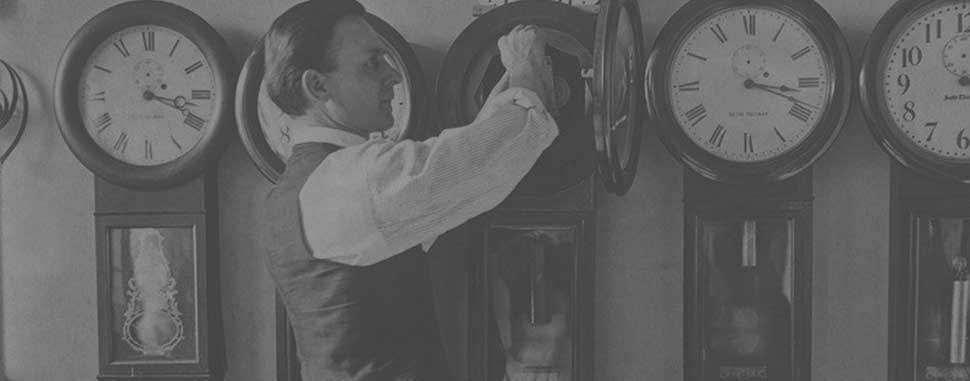 НОВОЕ ПРОШЛОЕ
НОВОЕ ПРОШЛОЕ THE NEW PAST
«Новое прошлое / The New Past» (НП/NP) — междисциплинарный рецензируемый научный журнал, публикующий материалы на русском и английском языках по истории, культурной антропологии, филологии и смежным областям социально-гуманитарного знания, без региональных и хронологических ограничений. Журнал является площадкой для критического обсуждения теоретических и эмпирических проблем, а также для анализа современных методологических и методических подходов к пониманию феномена прошлого.
Журнал включен в Перечень рецензируемых научных изданий ВАК, в которых должны быть опубликованы основные научные результаты диссертаций на соискание ученой степени кандидата наук, на соискание ученой степени доктора наук, распоряжением Минобрнауки России от 12 февраля 2019 г. № 21-р.
Читать далее








